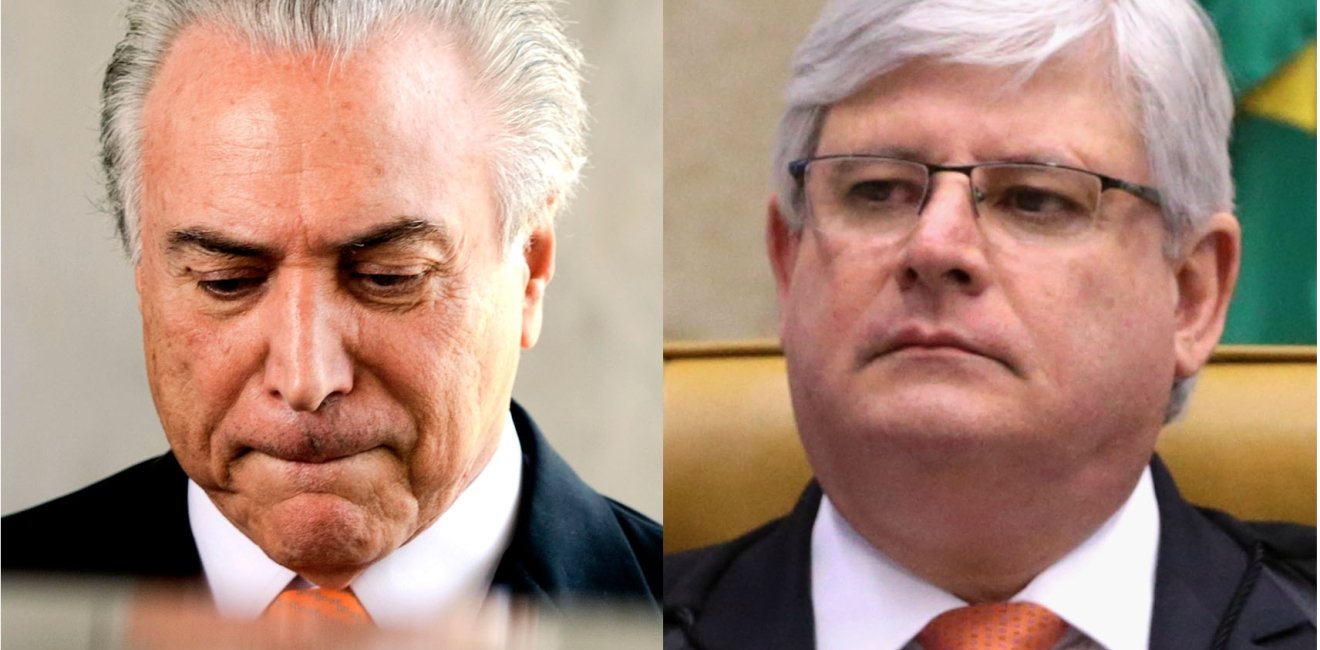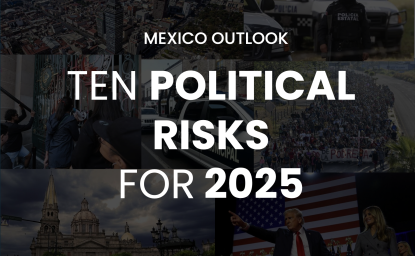An unpopular president declares war on the attorney general, vows he will not be “destroyed”
The indictment on Monday, July 26 of President Michel Temer for corruption by Brazil’s Attorney General Rodrigo Janot opened a new chapter in the country’s ongoing governance crisis, which started with last year’s impeachment of his predecessor and 2014 running mate, Dilma Rousseff. The case now goes to the Brazilian Congress, where the Chamber of Deputies will decide in late August, at the earliest, whether to allow the case to proceed to a trial by the Supreme Court. The Attorney General is expected to announce additional charges against the president for conspiracy and obstruction of justice in the coming days. This latest development makes the future of Temer’s presidency even more uncertain, and the coming months in Brasilia even more unpredictable.
Congress must consider each charge separately, dragging out the process for months and compromising the government’s economic reform agenda, which seemed doomed even before the Attorney General presented the 64-page case against Temer and his close adviser, former congressman Rodrigo Rocha Loures (who was arrested last month by federal authorities).
Whereas Rousseff was removed from office in 2016 for breaking budget laws after her government brought the deepest and longest economic downturn in the country’s history, Temer stands accused of receiving a bribe of R$500,000 (US$150,000) using Rocha Loures as middleman. In a sting operation authorized by the courts, the Federal Police filmed Rocha Loures leaving a restaurant in São Paulo last March carrying the cash in a suitcase.
The bulk of the evidence against Temer stems from plea bargain agreements prosecutors reached with the senior executive at JBS who handed Rocha Loures the suitcase containing the bribe and with Joesley Batista, an owner of JBS (the world’s largest meat processing company). In April, Batista paid a late-evening visit to Temer at the official presidential residence to report his efforts to obstruct justice on behalf of his company’s interests and president’s allies. The president raised no objections during the conversation, which the businessman secretly taped.
This is the first time in Brazilian history that a sitting head of state is formally accused of corruption. Former President Fernando Collor de Mello was officially charged with corruption only after being impeached in 1992, and Rousseff was impeached for violating fiscal laws. Temer vowed to discredit the charges and Janot, saying that “nothing will destroy me or my government.”
The president’s chances of survival should not be dismissed. In the Brazilian Congress, some 60 percent of sitting legislators face accusations of campaign finance fraud and many would like to put an end to what House Speaker Rodrigo Maia described as the “criminalization of politics” by prosecutors and judges. Thus far, Temer—a 76-year old constitutional law professor and skilled former congressman—has managed to maintain parliamentary support. Temer is, however, a deeply unpopular leader, while the prosecution of corruption enjoys ample support in society. Even before being formally indicted for corruption, Temer’s approval rating was just 5 percent: the lowest in history. He faces also the imminent threat of being abandoned by the PSDB, the main partner in the government coalition, particularly if more damaging evidence emerges—and it seems likely that it will. Temer is now engaged in a battle for political survival, leaving his ambitious reform agenda on hold, if not doomed.
The next move belongs to Attorney General Rodrigo Janot. He will speak at the Wilson Center on July 17 on the use of plea bargain agreements in the fight against corruption in Brazil, as he continues to present his case against the president. With Janot’s term ending in September of this year, he is undoubtedly eager to press forward—even as Temer fights for his political life and the country continues to endure the heavy cost of prolonging the current crisis.
Below is a timeline of what may unfold following Attorney General Janot's indictment of President Temer. It was originally published in Portuguese by Poder360 and has been adapted into English by the Brazil Institute.
Author


Brazil Institute
The Brazil Institute—the only country-specific policy institution focused on Brazil in Washington—aims to deepen understanding of Brazil’s complex landscape and strengthen relations between Brazilian and US institutions across all sectors. Read more

Explore More
Browse Insights & Analysis
Imamoglu’s Arrest Sparks Nationwide Unrest and Raises Fears for Turkish Democracy



